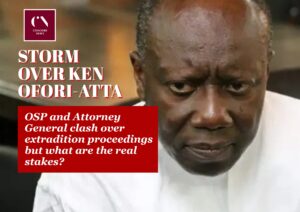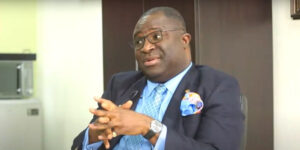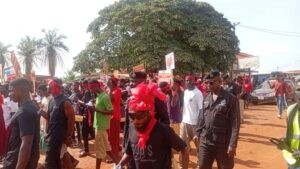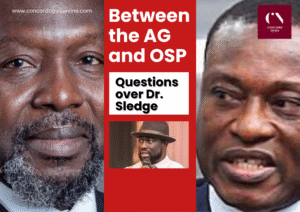NPP or NDC: Who is the better manager of the exchange rate?
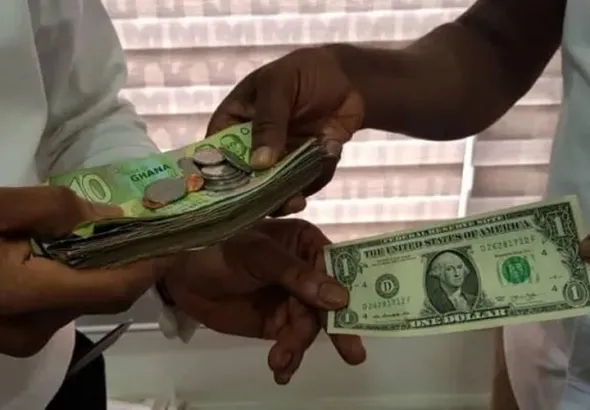
Exchange rate
With just nine days to the December 7 elections, the cedi-to-dollar exchange rate has become a focal point of heated debate. Both the New Patriotic Party (NPP) and the National Democratic Congress (NDC) are vying to prove their superior economic management by comparing currency depreciation under their respective administrations.
In an interview today on TV3’s New Day, a member of the NPP communications team and PRO for the National Youth Employment Agency (YEA), Awal Mohammed, defended the NPP’s record. He argued that while the NDC presided over a significant depreciation—from GHC 1.2 to GHC 4.2—the NPP’s increase from GHC 4.2 to GHC 12 is comparatively smaller in percentage terms.
“They (NDC) took the currency from 1.2 to 4.2. Kufuor left it at 1.2. When you check the percentage increment, it is over 300%. The percentage from 4.2 to 12 is about 200%. So, when you check the level of depreciation, indeed we are better managers of the currency,” he said.
Meanwhile, NPP Communications Director Richard Ahiagbah echoed this sentiment in an address to the press, attributing the cedi’s depreciation to global economic factors rather than poor governance.
“We appreciate the difficulties that the currency has brought, but it is not because the economy has been managed poorly but practically because the whole world is hurting right now.If we are having a candid conversation in our country, there is nothing this government has done that has led to the exchange rate faltering.” He emphasized.
The Bigger Debate
The exchange rate debate is not new. Both parties have faced criticism during their tenures, with the exchange rate often used as a major political metric. However, beyond the political blame game, what really affects exchange rates?
Exchange rates are not just affected by global economic pressures or internal policies. Factors such as the strength of the US dollar, economic factors such as trade balance, market confidence and speculations are also key determiners.
What is at stake?
The exchange rate impacts every sector of Ghana’s economy, from business transactions to market prices and fuel costs. Understanding the complexities behind these figures is essential. Are the narratives from the NPP and NDC merely political game play, or do they reflect genuine economic realities? More importantly, can either party manage the economy and its relating rates more effectively?
As the election nears, it’s vital for Ghanaians to look beyond political rhetoric, understand the real drivers of the exchange rate, and make informed decisions at the polls.
Source: Nsem360.c0m

